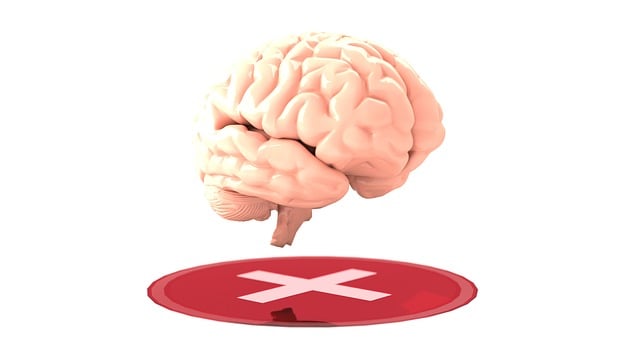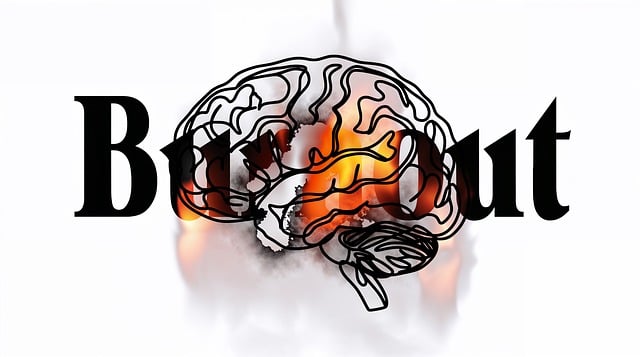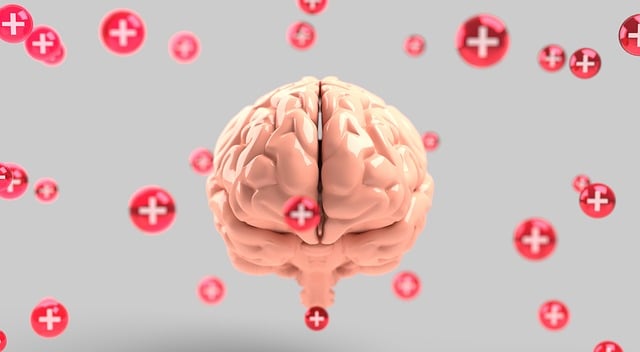Children, like adults, experience loss and grief, expressing it uniquely due to developmental differences. Dialectical Behavioral Therapy (DBT), an evidence-based approach integrating cognitive-behavioral techniques with mindfulness, aids young grievers aged 5-18 in navigating complex emotions post-loss. DBT teaches emotional regulation, interpersonal skills, and coping strategies, fostering resilience and healthy adjustment through tailored counseling that respects cultural backgrounds and family dynamics, reducing stigma associated with grief.
Loss, grief, and bereavement can profoundly impact children, making it crucial for counselors to employ specialized strategies. This article delves into these complex emotions, offering insights on helping young ones navigate their feelings. We explore ‘Understanding Loss, Grief, and Bereavement in Children’ before introducing Dialectical Behavioral Therapy (DBT) as an effective approach for young grievers. Additionally, we provide practical strategies and support for counselors, focusing on therapy for young children using DBT techniques to foster healing and resilience.
- Understanding Loss, Grief, and Bereavement in Children
- Dialectical Behavioral Therapy (DBT) for Young Grievers
- Strategies and Support for Effective Counseling
Understanding Loss, Grief, and Bereavement in Children

Understanding Loss, Grief, and Bereavement in Children is a complex yet crucial aspect of their development. Young children experience loss and grief just as adults do, but they often express it differently due to their limited cognitive abilities and emotional maturity. In the face of significant changes or the death of a loved one, children may exhibit a range of behaviors, from withdrawal and silence to increased aggression or extreme curiosity.
Dialectical Behavioral Therapy (DBT) has emerged as an effective approach for counseling young children navigating loss, grief, and bereavement. DBT combines cognitive-behavioral techniques with mindfulness practices to help children manage their emotions, improve interpersonal skills, and develop effective coping strategies. By addressing both the emotional pain of loss and any underlying mental health issues, such as anxiety or depression, therapy can foster resilience and promote healthy adjustment in the aftermath of significant changes. Additionally, Cultural Sensitivity in Mental Healthcare Practice plays a vital role, ensuring that counseling approaches are tailored to each child’s unique cultural background and family dynamics, thereby enhancing the effectiveness of treatment and reducing barriers associated with mental illness stigma reduction efforts.
Dialectical Behavioral Therapy (DBT) for Young Grievers

Dialectical Behavioral Therapy (DBT) has emerged as a powerful tool for helping young grievers navigate their complex emotions during and after a loss. This therapy is particularly tailored to meet the unique needs of children and adolescents dealing with grief, offering them valuable coping mechanisms and skills to manage intense feelings. DBT incorporates evidence-based strategies that focus on mindfulness, emotion regulation, distress tolerance, and interpersonal effectiveness, which are essential components for young people to process their bereavement experience effectively.
By combining these Mind Over Matter principles, DBT helps young children develop healthy self-care practices and enhance their ability to communicate about their emotions. Public Awareness Campaigns Development has played a significant role in bringing this therapy into the spotlight, as it challenges societal norms surrounding grief in younger individuals. Through group therapy sessions, children learn valuable skills to help them understand and accept their feelings, fostering resilience and a sense of control during an otherwise turbulent time.
Strategies and Support for Effective Counseling

Effective counseling for loss, grief, and bereavement involves a combination of tailored strategies and supportive techniques. One prominent approach is Dialectical Behavioral Therapy (DBT), which has proven successful in assisting individuals, including young children, to navigate intense emotions and develop coping mechanisms. DBT encourages clients to balance acceptance and change, fostering resilience amidst challenging circumstances.
The process often incorporates conflict resolution techniques to address interpersonal difficulties that may arise during bereavement. Additionally, promoting positive thinking and reframing negative thoughts can help reduce the mental illness stigma associated with grief, creating a safer space for individuals to express their feelings openly. These strategies collectively contribute to a more holistic counseling experience, catering to diverse needs within the bereaved community.
Loss, grief, and bereavement can profoundly impact young children, making specialized counseling crucial. As discussed, understanding a child’s unique experience of these emotions is essential. Dialectical Behavioral Therapy (DBT) has proven effective in helping young grievers develop coping skills and emotional regulation. By combining mindfulness, distress tolerance, and effective communication strategies, DBT equips children with tools to navigate their feelings. Moreover, the article highlights various support strategies for counselors, emphasizing the importance of a safe, non-judgmental space. With the right approach and resources, counseling can significantly aid young children in processing loss and fostering healing.














